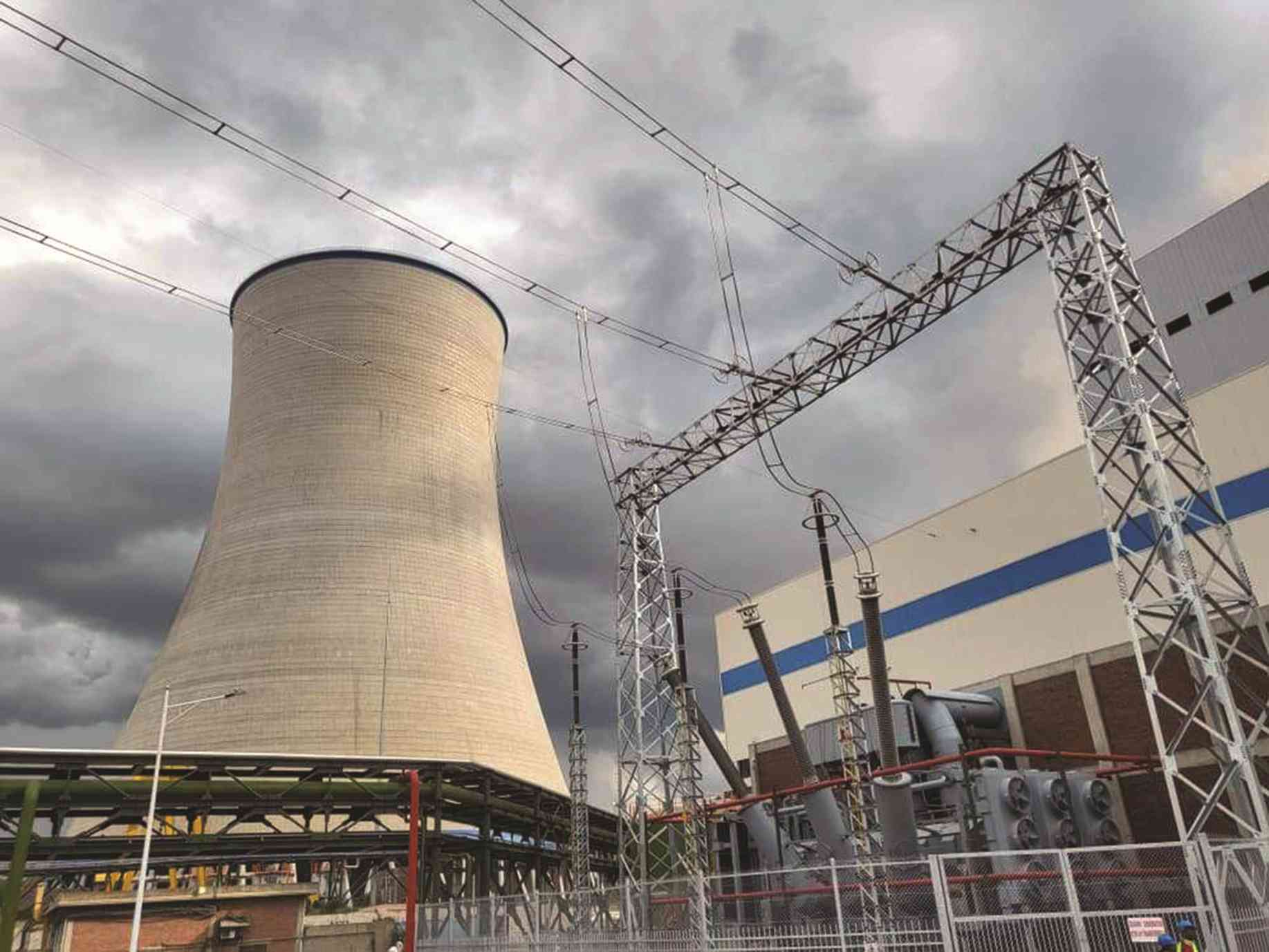
Eben Mabunda THE effects of climate change are evident; hotter temperatures, severe storms, increased droughts, melting glaciers and rising sea levels – sending a clear message to humanity of the need for deliberate efforts to significantly curb carbon emissions and explore renewable energy sources.
Without a shadow of doubt, the use of fossil fuels like coal and crude oil now demands much consideration, necessitating a diversification of the energy mix through promotion of other sources of energy, such as methane. In December 2015, in response to the devastating effects of global warming, 196 nations and territories, signed an international pact that would be known as The Paris Agreement- a landmark in the multilateral climate change process. This was followed up by regional supportive regulatory frameworks, buttressed by key policies, such as the “carbon (CO2) emissions standards” and zero-emission vehicle – (ZEV) mandates.
Blazing a trail, the European Union (EU) committed to cutting carbon emissions by 55% by 2030, adopting 1990 as a base. By the end of 2020, more than 20 countries had announced bans on the sales of conventional cars or mandated all new sales to be Zero Emission Vehicles ZEVs.
The resolutions of COP26 (a global summit on climate change held in 2021) were inter alia to secure global net zero emissions by mid-century and keep a maximum of 1,5 degrees Celsius of warming within reach. With COP27 set to take place in the last quarter of 2022, the conversation on the imperative subject is expected to take a notch higher on how various jurisdictions are stepping up their efforts to deal with the subject at hand.
Seismic shifts have been taking place in several industries and sectors with the automotive industry being one of the most pronounced among others.
The year 2019 saw “Tesla” becoming a Wall Street buzzword signalling an automotive industry makeover and a drive toward Electric Vehicles-EVs. In 2020, China invested US$60 billion to support the EV industry, selling one million more EVs than the US, while General Motors announced plans to invest over US$27 billion in future EV development.
At the same time, the impact of the Russo-Ukraine conflict has seen a rise in the prices of crude oil and gas – factors which have placed a huge inflation burden on nations around the world, sparking conversation of the imperative need to reconsider energy investments.
An August report by Deloitte, “2022 Renewable Energy Industry Outlook” reverberated the various initiatives being taken across the world in this regard; indicating how the United States is taking giant leaps to adopt alternative energy sources. According to the report: “Activity is heating up in next-generation technologies, and renewable energy industry stakeholders are considering investments in them, which can eventually help to more confidently integrate variable renewables such as wind and solar into the electric grid.
- Chamisa under fire over US$120K donation
- Mavhunga puts DeMbare into Chibuku quarterfinals
- Pension funds bet on Cabora Bassa oilfields
- Councils defy govt fire tender directive
Keep Reading
“For an industry that has largely focused on solar and wind, private investment and pilot projects combined with federal research support could help expedite commercialisation of emerging technologies such as green hydrogen, advanced batteries, and other forms of long-duration storage.”
In as far as Sub Saharan Africa is concerned; the International Energy Agency (IEA) predicts: “Renewable capacity is expected to increase by 76%, or almost 33 GW, in SSA from 2021 to 2026 in the main case, twice the amount of capacity additions in the preceding five-year period.
“Nearly half of the new additions are from large-scale reservoir hydropower projects, while solar PV and onshore wind represent the majority of the remaining growth over the forecast period”- Renewables 2021 report.
To get renewables on track with net zero by 2050, governments not only need to address current policy and implementation challenges but also increase ambition for all renewable energy uses.
- Mabunda is an analyst and TV anchor at Equity Axis, a leading financial research firm in Zimbabwe. — ebenm@equityaxis.net










